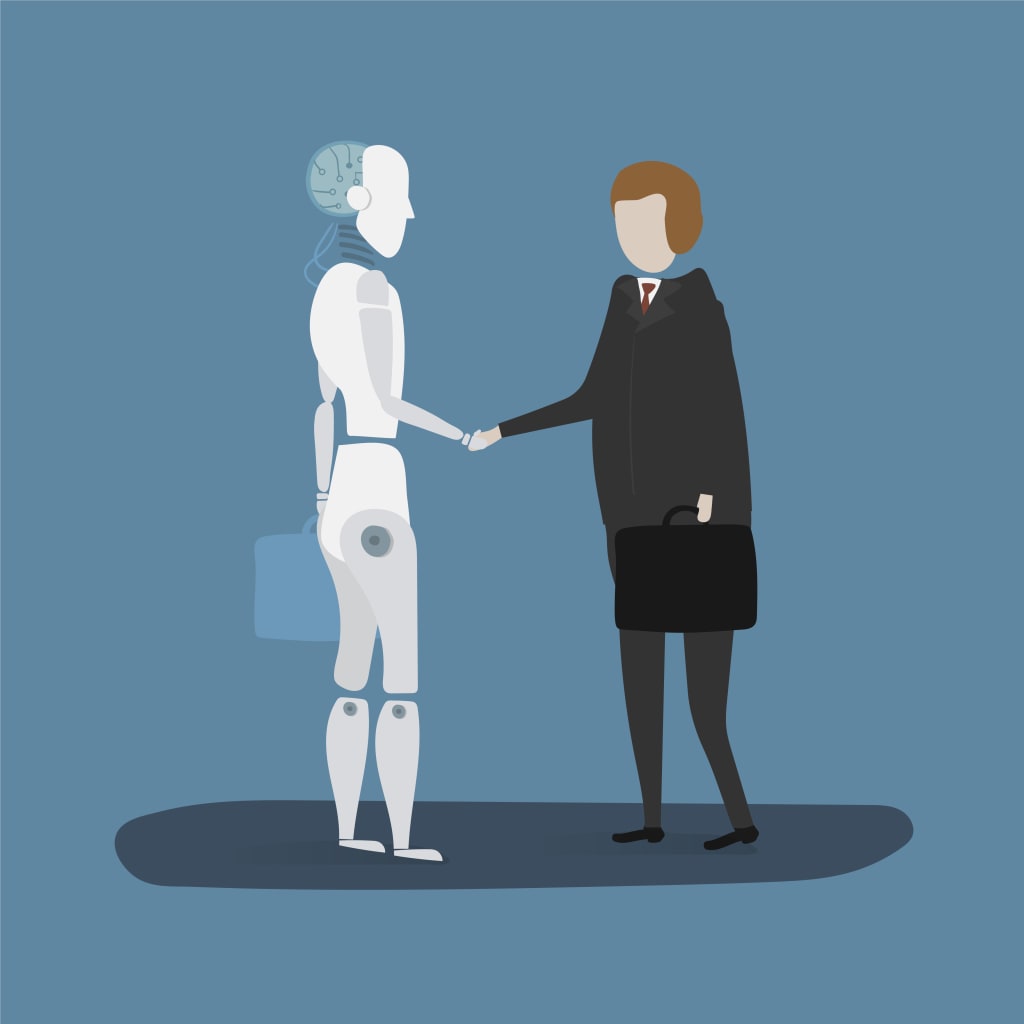
In recent years, the development and implementation of artificial intelligence (AI) systems have significantly impacted various industries. With its ability to increase efficiency and accuracy, AI has brought about numerous benefits, including improved healthcare, logistics, and customer service. However, there are concerns that AI's rapid advancement could lead to a decline in moral values, which could have significant implications for society.
One of the primary ways in which AI could impact moral values is through the reduction of human interaction. As AI systems become more common, there is a risk that people will have less face-to-face contact with each other, leading to a decline in empathy and social skills. Without regular interactions with other people, individuals may become more isolated and less likely to consider the impact of their actions on others. This could lead to a decline in moral values, such as kindness, compassion, and fairness.
Moreover, AI systems operate purely based on algorithms and data and do not have emotions or consciousness. While this can lead to more efficient decision-making, it also means that AI systems may not always take into account the ethical implications of their actions. For example, an AI-powered recruitment system may discriminate against certain groups of people based on biased data without being aware of it. This could lead to a significant ethical dilemma, as it violates the principle of fairness and equality.
Another concern is the potential for AI to be used in unethical ways, such as in the development of autonomous weapons or the use of AI-powered surveillance systems. Such uses of AI could have significant moral implications and may lead to a reduction in the value placed on human life and privacy. These issues require careful consideration, as they could impact society's moral fabric and lead to a dystopian future.
To prevent AI from causing a decline in moral values, it is crucial to ensure that AI is developed and used responsibly and ethically. This means ensuring that AI systems are transparent, explainable, and accountable, and that they are developed with human values and ethics in mind. For instance, developers must ensure that AI systems do not discriminate against any group of people and promote diversity and inclusion.
Additionally, it is essential to recognize the importance of human interaction and social skills in the development of moral values. This means promoting activities and programs that encourage face-to-face interactions and empathy, such as community service or volunteering. Moreover, individuals must develop critical thinking skills and ethical reasoning abilities to evaluate the impact of AI systems on society's moral values.
Furthermore, policymakers and regulatory bodies must take a proactive approach to ensure that AI is developed and used responsibly. This includes the establishment of regulations and guidelines that prioritize the ethical implications of AI development and use. For instance, the European Union's General Data Protection Regulation (GDPR) and the United Nations' Convention on Certain Conventional Weapons (CCW) set ethical standards for AI development and use.
In conclusion, AI's rapid advancement has significant implications for society's moral values. The lack of social interaction that AI may cause could lead to a decline in empathy and social skills, while the use of AI in unethical ways could have significant moral implications. To prevent this, it is crucial to ensure that AI is developed and used responsibly and to promote the importance of human interaction and empathy in the development of moral values. Moreover, policymakers and regulatory bodies must establish ethical guidelines and regulations to ensure that AI systems operate ethically and do not violate human rights or dignity. Ultimately, AI development and use must balance efficiency with the responsibility to achieve a prosperous and ethical future.





Comments
There are no comments for this story
Be the first to respond and start the conversation.